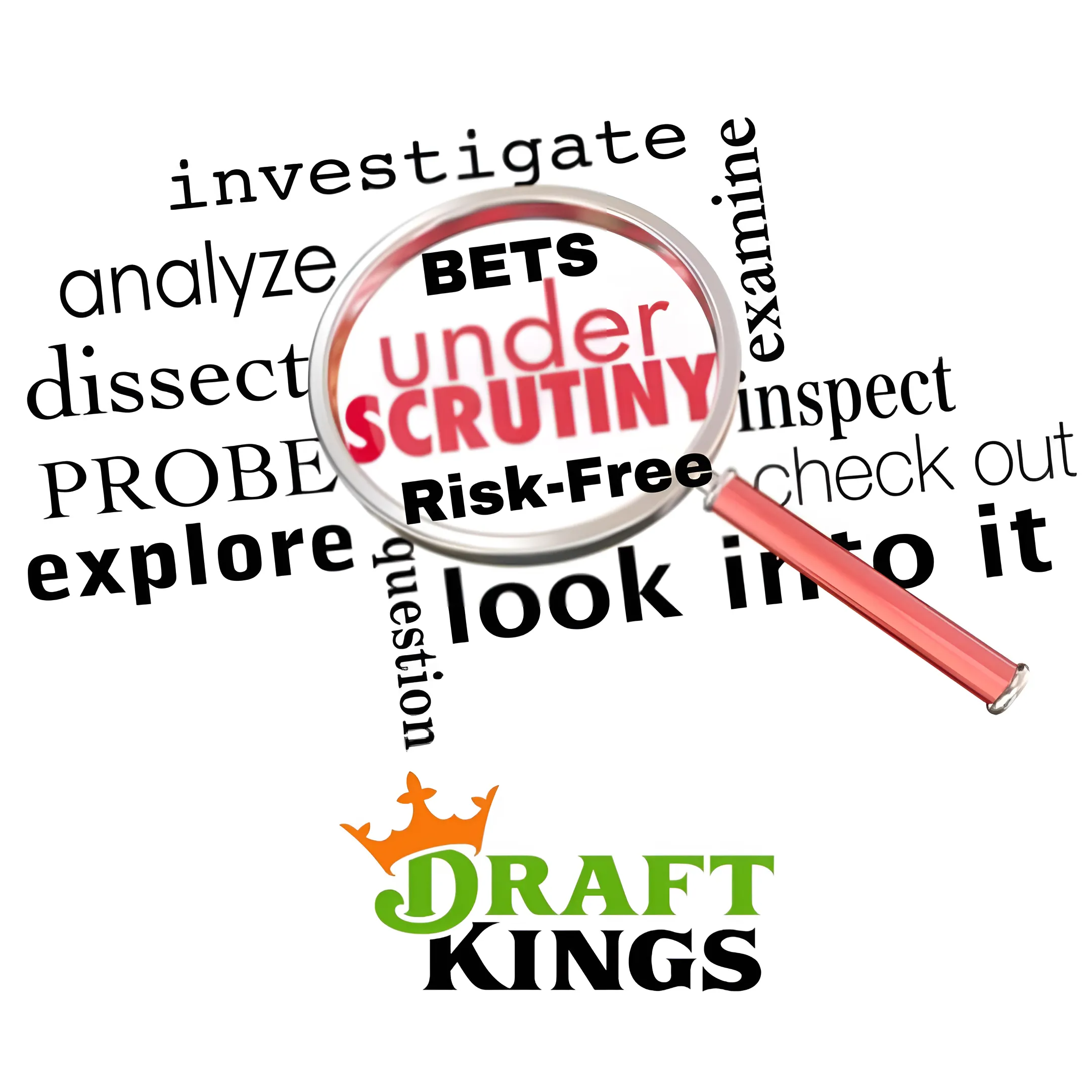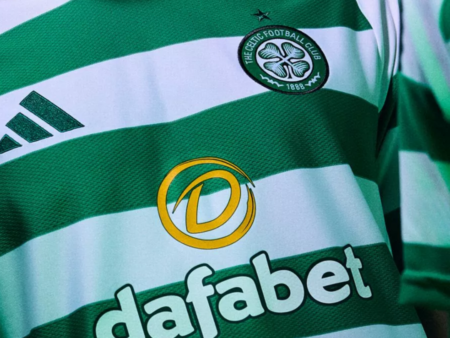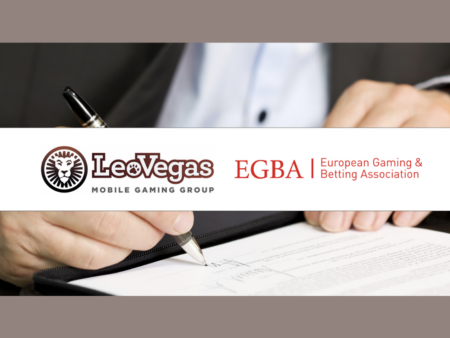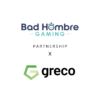DraftKings, a leading figure in the sports betting realm, finds itself embroiled in legal battles over its marketing tactics in New York. A recent lawsuit filed in the Southern District of New York has brought attention to DraftKings’ promotion of “risk-free” bets, raising concerns about deceptive advertising practices.
Understanding the Allegations: Deception in Promotional Offers
The core issue at hand revolves around DraftKings’ promotion of “risk-free” bets. While the offer implies that players can place bets without risk, the reality is far from it. Players are required to wager their own funds initially, with the promise of a free bet if their initial wager loses. However, the lawsuit argues that these additional bets are not genuinely “risk-free” as they come with limitations and yield lower returns compared to bets placed with the players’ own cash.
The Legal Basis: Violations and Consequences
The lawsuit alleges that DraftKings’ promotion violates Section 349 of the New York General Business Law, which prohibits deceptive marketing practices. Additionally, it cites a violation of Section 1363 of the Racing, Pari-Mutuel Wagering and Breeding Law. These allegations underscore the legal ramifications of deceptive advertising in the gambling industry. The regulatory scrutiny surrounding the use of the term “risk-free” in promotions further emphasizes the importance of consumer protection and responsible gambling practices.
Analyzing the Impact: Consumer Awareness and Ethical Marketing
The legal challenges against DraftKings shed light on broader issues surrounding consumer awareness and ethical marketing in the gambling sector. Consumers rely on transparent and honest advertising to make informed decisions about their participation in betting activities. Misleading promotions not only undermine trust but also raise ethical concerns about the integrity of the industry. As stakeholders navigate the legal landscape and regulatory responses, the case serves as a pivotal moment for reinforcing ethical marketing practices and ensuring regulatory compliance in the gambling sector.
Conclusion: The Imperative of Ethical Marketing in the Gambling Industry
The legal challenge against DraftKings’ promotion of “risk-free” bets underscores the complexities of advertising in the gambling industry. As regulatory scrutiny intensifies and consumer awareness grows, operators must prioritize transparency, integrity, and compliance with advertising standards. By adhering to ethical marketing practices and fostering a culture of responsible gambling, the industry can build trust, protect consumers, and promote sustainable growth.
FAQs: DraftKings’ Legal Battle Over “Risk-Free” Bets
1. What is DraftKings facing legal battles over in New York?
DraftKings is embroiled in legal disputes over its marketing tactics, particularly regarding the promotion of “risk-free” bets.
2. What is the core issue surrounding DraftKings’ promotion of “risk-free” bets?
The issue revolves around the discrepancy between the implied promise of risk-free betting and the actual requirements, raising concerns about deceptive advertising practices.
3. What are the allegations against DraftKings in the recent lawsuit?
The lawsuit alleges violations of New York General Business Law Section 349 and Racing, Pari-Mutuel Wagering, and Breeding Law Section 1363, highlighting the legal ramifications of deceptive marketing practices in the gambling industry.
4. How does the lawsuit argue against DraftKings’ “risk-free” bet promotions?
The lawsuit contends that the additional bets offered by DraftKings are not genuinely risk-free due to limitations and lower returns compared to bets placed with players’ own funds.
5. Why is there regulatory scrutiny surrounding the term “risk-free” in gambling promotions?
Regulators and consumers are increasingly concerned about the integrity and transparency of gambling promotions, emphasizing the importance of consumer protection and responsible gambling practices.
6. What broader issues do the legal challenges against DraftKings raise?
The legal battles highlight broader concerns about consumer awareness and ethical marketing in the gambling sector, underscoring the imperative for operators to prioritize transparency, integrity, and regulatory compliance.
7. How can operators in the gambling industry address consumer trust and regulatory compliance?
Operators can prioritize ethical marketing practices and responsible gambling initiatives to build trust, protect consumers, and ensure regulatory compliance amid increasing scrutiny and awareness.
8. What is the significance of ethical marketing in the gambling industry?
Ethical marketing practices are essential for promoting transparency, integrity, and consumer trust, ultimately fostering a culture of responsible gambling and sustainable industry growth.


















